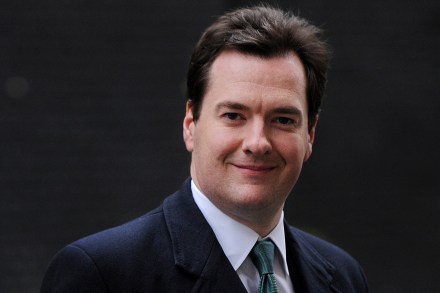Actually, there’s some solace for Miliband in today’s poll
Much excitement, today, about the fact that Ed Miliband is just as unpopular as Nick Clegg. A pre-Budget package by Ispos-MORI contains the finding that both party leaders are actively disliked by 51 per cent of the public. It’s a striking result, particularly after the tuition fee furore — yet, sadly, it isn’t new. It actually comes from the political monitor that Ipsos MORI released in January. They didn’t ask the question for their March political monitor. So far as the Clegg-Miliband divide goes, the latest Ipsos MORI figures actually have this to offer us: net satisfaction with Miliband’s performance as party leader is at -5 per cent, whereas it’s














